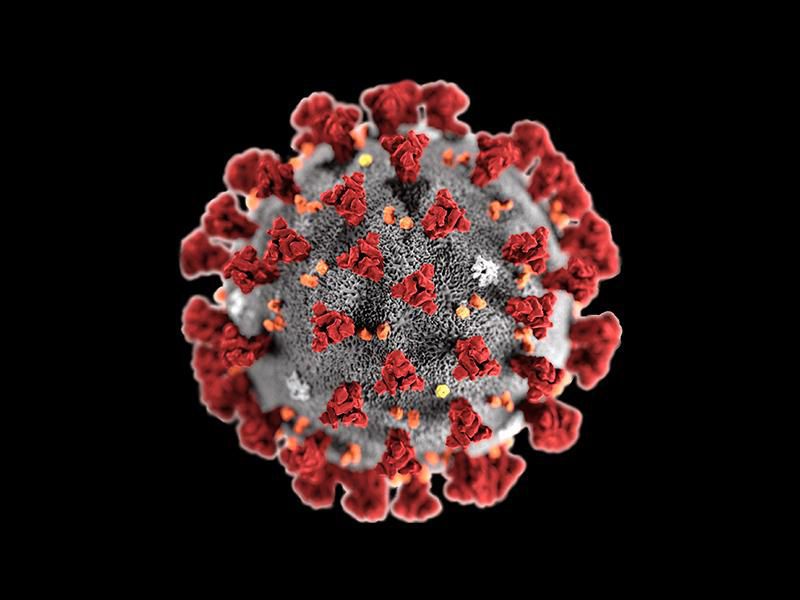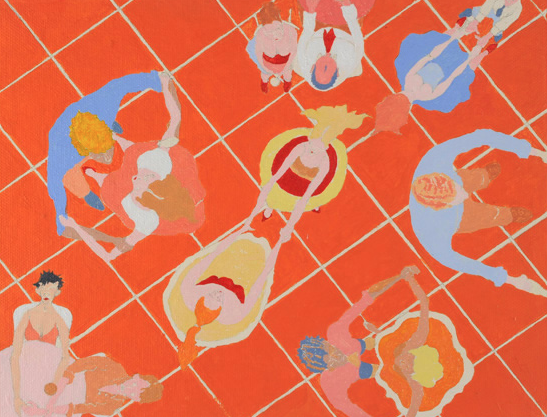At the heart of freedom is the ability to act, or refrain from acting, out of choice, rather than compulsion. It is this notion of liberty that has seemed to be at the heart of the UK government’s approach to the pandemic, trying to keep our ability to spend, to move, and to meet as near to normality as possible, for as long as possible. The original requests put to people were trifling impositions, nothing more drastic than asking most to wash their hands more frequently and more thoroughly, and for the most vulnerable to self-isolate. As the cities of Milan and Madrid were confined to quarters, a rising sense of emergency tangible, Britain was an outlier, as the people were instead left incongruously celebrating a birthday every time they washed their hands.
This laissez-faire approach was likely motivated by the idea that people have an inherent sense of responsibility and solidarity. Perhaps the government thought that if people were not forced into submission, but educated into acquiescence, the escalating nature of the measures required would be accepted- and obeyed- in good humour. Compulsion breeds resentment, while persuasion creates understanding.
This philosophy was put to its first test this weekend, and it crashed and burned in catastrophic fashion. In the face of instructions to isolate, to leave homes only if truly necessary and to stay two metres away from others at all times, much of the country took advantage of the sunshine to descend like ants upon the UK’s honeypot sites, Snowdonia seeing its ‘busiest day in living memory’.
Some of this was nearly certainly due to the flawed messaging of the government. Even on Saturday, the prime minister was unable to stick to the simple message of not to visit elderly mothers or grandmothers, suggesting that he might drop in to visit his own mother, if time permitted. However, accepting that this government has been sub par in dealing with this crisis does not alone excuse the masses congregating in parks and shops. The government advice was confused- but it wasn’t thatconfused. This raises the question of why people have been so resistant to the government’s advice. Is it, as Matt Hancock said on Monday, as simple as people being selfish?
When people are asked to depart from the norm, they need to override their base instincts, their usual guide for what to do and how to behave. The thought of leaving the house, ordinarily, is no thought at all. It is instinctive. You want to leave the house? You leave the house. To override this intuitive action requires people to govern their instincts, to check their compulsions. This is the reciprocal part of the freedom that the government has maintained- as Walter Lippman wrote, ‘we are free if we have the faculty of knowing what we ought to do, and the will to do it’.
Many people would like think they fulfil that dictum, that they are the masters of their instincts. Such thought is not without merit – we are not animals, but creatures endowed with reason, with the capacity to see the long-term and act for the greater good. This must have been the hope of the government, relying on its message sublimating its way into the public consciousness. Rather than bring down the heavy boot of the law, they sought to appeal to peoples’ reason and emotion, the former by explaining the exponential spread of just one person with the virus, and the latter by showing the effect on the NHS, with doctors pleading with people to not go out and to help ease the burden on the NHS.
This weekend would suggest people are not the paragons of reason they may consider themselves to be. Instead, at every turn, many chose the easy route, opting for instinct over reason. They chose to go out the door. They chose to add their number to the crowd. They chose to accept the risk. Except it wasn’t just a risk for them, but for every person they might have infected, both in that crowd and beyond it, whether it be a shop-worker or a doctor they pass in the street. This is not just because people are selfish, although it would be naive to dismiss this is a factor. The issue is more nuanced than that.
In part, the nature of the threat will have played a part. For the majority of the population, the virus is invisible, both literally and metaphorically. They haven’t seen or heard of anyone affected by it, and think the government’s rhetoric is exaggerated. Unlike other moments of national crisis, like the Blitz, there is no physical evidence of the damage to point to, no fallen monuments as simple metaphor for the danger posed.
Some may point to Iran, or China, or Italy as evidence of the devastation that the virus can wreak, but this ignores the elephant in the room. People don’t consider such evidence because they don’t know about such evidence. The overwhelming majority of people have little interest in politics in this country, let alone the events of far-flung nations; while much of the minority, hearing about hospitals struggling in China, or Iran, will disregard it as something that happens to other countries, assuming that the might of the NHS will see us through something as anodyne the flu.
At other times in our history, such ignorance may have been mitigated by the presence of a figure held in universal respect, a journalist or politician able to guide the nation. In 1950’s America, it was Walter Cronkite, an admired broadcaster, who was able to unveil the desolation that was the war in Vietnam, changing the mood of a nation and the course of the war. Our body politick is now too divided for that, too riven by the years of hostility and tribalism for there to be anyone in the public sphere, short of the Queen, who can persuade a doubting nation that the risks they face are real. And the government doesn’t want to wheel Her Majesty out until the nation is truly in dire straits – crossing its fingers that by that stage, it won’t be too late.
It is such division that has also blunted people’s reasoning faculties. The government’s constant refrain for years has been the need for belief, to believe that Britain is great, that trade barriers can be willed away, that there is an capacious market desperate for British goods. Having told the people for years that belief is everything, inculcating a sense of invulnerability in people, telling them to ignore the experts and their data, the government can hardly be surprised when people take them at their word. If you insist on telling the people they don’t need to use reason for topic A, you shouldn’t be surprised when they don’t use reason for topic B either, and instead act on faith alone.
This resistance to authority is not unique to Britain. In France, Parisians needed harsher measures before they began to toe the line, and it is likely that in London, we will need them too. But, more broadly, what such callous disregard for public health shows us is the fraying of any concept of the public good, of the loss of faith in government and our public institutions. It is another example of how western democracies have become tarnished, with the government that is now trying to preserve the values of liberty and fraternity filled with individuals who have spent the past years besieging such values, undermining them in pursuit of their own ideological desires.
After this pandemic is over, society will not be the same. We can but hope that this is the antidote to populism that we need, with governments like Johnson’s chastened, and politicians like Trump kicked out of the public square. With luck, we will be able to look back on it with a sense of regret and loss, but also gratitude, if it enables us to refashion society, creating a society that is more equal and more just, that is no longer guided by faction and rancour, but that has public integrity as its lodestar once more.







